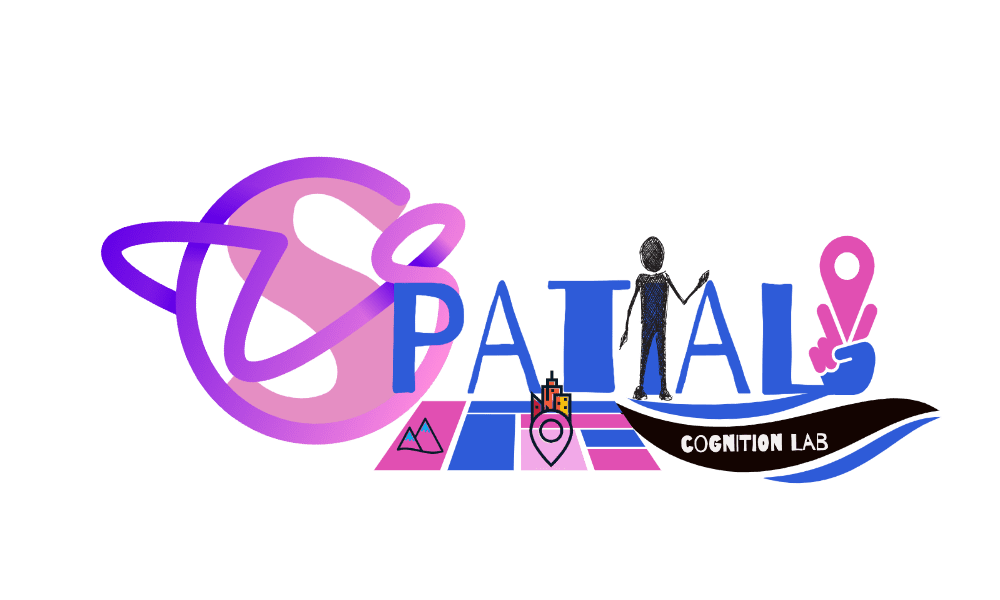It is now online the final published version of the Article “The Key Role of Empathy in the Relationship between Age and Social Support” by Paola Guariglia, Massimiliano Palmiero, Anna Maria Giannini, and Laura Piccardi published in Healthcare. In the present study, the change in the perceived social support across the lifespan as a function of empathy was investigated, considering the mediating role of empathy after controlling for gender and education. In total, 441 people (18–91 years old) filled in the Italian short version of the Interpersonal Support Evaluation List (ISEL-12), the Social Support Questionnaire (SSQ6), as well as the Empathy Questionnaire (EQ), and the Reading the Mind in the Eyes test (RMET). The mediation analyses with ISEL-12 showed that age and the EQ fully mediated the relationship between age and appraisal, belonging, and tangible scores. Further, the EQ fully mediated only the relationship between age and SSQ6-People. These results showed that empathic skills are critical in the relationships between age and social support. This suggests that empathy can trigger social support and, ultimately, well-being if stimulated across the lifespan, especially from a young age; this would help to form the socio-emotional competence across the years as a sort of cushion that can be useful in the older to fulfill active aging.

More from the Blog





